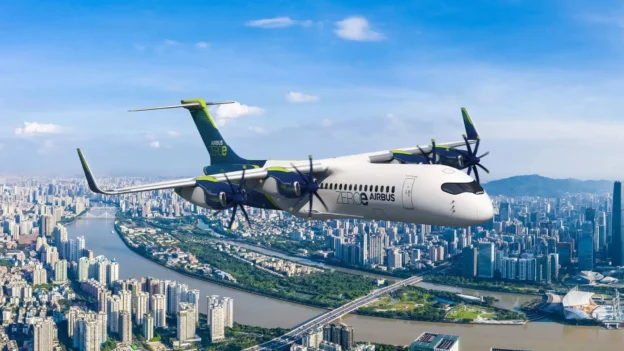The ZEROe project, the companies Conflux Technology and Airbus are working on the development of advanced heat exchangers for aviation, to control the temperature generated by hydrogen fuel cell-based propulsion.
The design of heat exchangers
Conflux has developed a compact additive heat exchanger optimized for integration into the thermal architecture of hydrogen-powered electric aircraft. hydrogen-powered electric aircraft . The component is being evaluated by Airbus as part of its megawatt-class propulsion system, whose thermal efficiency is essential for safety and performance.
Through computational fluid dynamics (CFD) modeling and laboratory validation testing, the design seeks to address the critical need to dissipate large amounts of heat under conditions of high energy demand and limited space.
Additive manufacturing has enabled Conflux to produce complex, ultra-lightweight internal geometries, impossible with current methods. This enables more efficient thermal control in components, without compromising weight or strength. Its application in aviation represents a technical breakthrough in the quest for decarbonized and safe flights.
Michael Fuller, CEO of Conflux Technology, mentioned that thermal management will be critical to scaling hydrogen propulsion:“This collaboration takes our solutions from the lab to validation in real flight environments.
Airbus has committed to a roadmap with the ZEROe program, which seeks to launch a hydrogen-powered commercial aircraft by 2035. The integration of technologies such as the Conflux exchanger is part of the strategy to ensure the viability, safety and certification of these new propulsion systems.
Source and photo: Conflux

